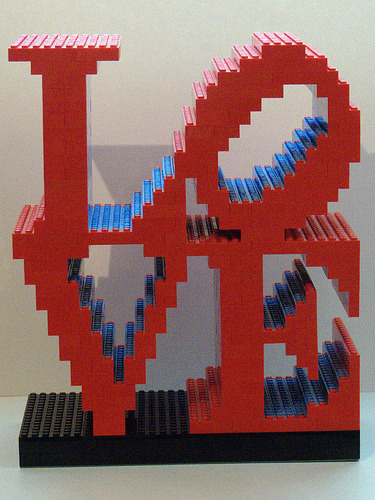Reflecting on it all now, on the item itself, it is such a very telling object. It is in so many ways such a reflection of its author. Yes, I suppose all creative works are but outgrowths of their creators, but this (perhaps being my first book) seems to me now just all typically me. A projection, if you will.
The cover background (my outward persona?) is just a little to dark to very easily read the text, but the words are perfectly legible anyway, and the composition is aesthetically balanced and pleasing. There are little cheats you may pick up in the design, creative short-cuts taken to get close to the originally intended effect. The back cover (my presented backstory?) has possibly a little too much detail and might seem just a tad too polished, yet is clearly completely honest. Inside, all flows pretty well in a friendly, personable and perhaps even charming manner, but with little protrusions of hard-edged personal viewpoints and opinions, and an uncompromising take on certain (to me) very important things. The fonts are great, the layout works, but there are TONS of typos! Not for lack of proofreading (actually, it's exactly due to lack of proofreading); what I mean to say is that I had great editorial support but then went and fixed and fudged a few things to suit the layout, and simply ignored that 'one last' proper read-through.
Why? Why did I not take the extra couple of days to grunt through again line-by-line and fix all the little bits? (OK, they're not exactly egregious, but you notice typos here and there, maybe one every 8 or 10 pages so far). For the same reason these blog posts get typos and so forth. It's because I am perverse, and am constantly in constant subliminal combat with the perfectionism monster that lurks beneath, a crippling and sly beast that can all too easily cause paralysis through analysis - I knew if I started to do the last read-through again I'd not be able to stop at typos. I'd be re-writing little bits, and then I'd not stop at the little bits of sentences but start considering re-ordering paragraphs, chapters, all that - and introducing new mistakes at each stage necessitating another round of editing, proofing, final re-reading, and you just know for sure there would still be errors. So I defeat this perfecting beast with the Rooster/Sagittarian strategy of going off a bit early. Getting into the excitement of the Jump, the Strike, the Moment. The buildup had been long enough, and besides, one of my numerous flaws has always been impatience. It's a by-product of a personal background (nature and nurture both probably) where competence has been such a key to identity. You lose patience for anything that might be reminiscent of incompetence, like, say, having to edit your own stuff for the mistakes you really shouldn't have made in the first place. That sort of thing.
But there's something else too, and it's not nearly so cutely negative and self-defeating. It's that I like the conversationality of it all - the flow of consciousness, the chat of it; the text really reads well that way, and somehow it just seemed wrong I feel to go in and rework that. The temptation to finess those endearing clumsinesses and character quirks that make my writing at least somewhat entertaining (or so I flatter myself) would be too great. I am no fan of sterility.
A case of doing no harm, in part, it was. Not damaging the work, or its place in time, for rightly or wrongly it seemed like it just had to be born when it was. Bang on the equinox. And really, apart from the odd hiccup, the teeny typos don't hurt the book or its readability at all. I think, anyway.
None of this is new to me; it's exactly how I approached performing as a guitarist. A little dark in tone on the outside, but with a balanced aesthetic. Content flowing, with the delivery of feel taking prime place above getting all the notes nailed spot-on. I think that's one reason the transition from classical to flamenco styles really worked for me. Plus, as my great mentor and erstwhile guitar partner Tim so sagely told me; "if you're a classical guitarist, you can't fart on stage. With flamenco, you just time it with a big rasgueado."
So I suppose I have inadvertently (or perhaps deeply intentionally, subverting my conscious analysis paralysis mechanism again) found another way to bare my more whole self again.
Vanity plays its part, for sure, and some sort of innate exhibitionism to counterbalance the dark and introverted parts that few have ever really known (or for all I know you see right through this conceit) but my core belief about it now is that it just had to happen this way.
And for that, I am both grateful, and relieved. I have done, I think, a Good Thing. And I hope that should you choose to read it, you think so too.
The one thing I would ask of you is not that you judge it kindly, or overlook its flaws, or read it with any particular set of mental lenses in place, but simply this - that you consider helping it find its way out as far into the world as it can travel. Let others know it exists. For I truly believe it to be a very useful tool for healing, empowerment and change in the world of we tubies - perhaps for others too. Thank you.
You can visit the site, peek inside, and buy it here:
I commend it to the world, may she sail far and wide, and bring good tiding in any port she finds harbour.
.








